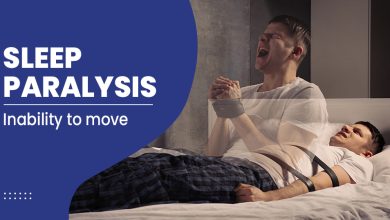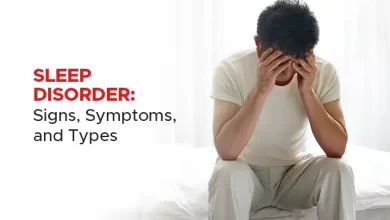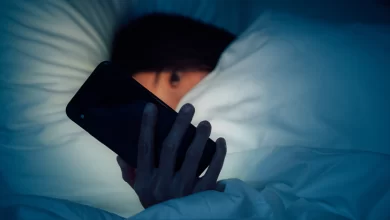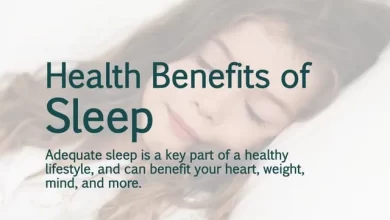What To Do If Sleep’s Not Complete
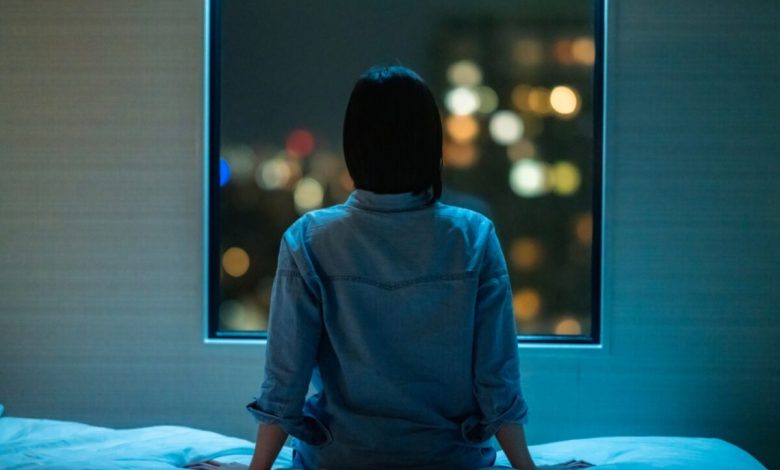
Introduction:
Restless evenings might happen for a assortment of reasons. A few individuals are more likely to involvement rest unsettling influences than others, such as military individuals, guardians of newborn children, move specialists, and individuals with Sleep’s Not Complete deprivation. In spite of the fact that there isn’t clear information sketching out how numerous individuals have gone a full night without rest some time recently, at slightest one-third of individuals involvement insomnia.
Because rest hardship can cause numerous negative impacts, indeed a single restless night seem significantly influence you. Tiredness after rest hardship can put you at chance for mishaps, impede your physical execution, and harmed your memory, indeed expanding the probability of creating untrue recollections.
In case you sometimes involvement a restless night due to sleep’s not complete deprivation or an outside cause, there are certain activities you’ll take to assist you stay alarm sufficient to urge through the following day.
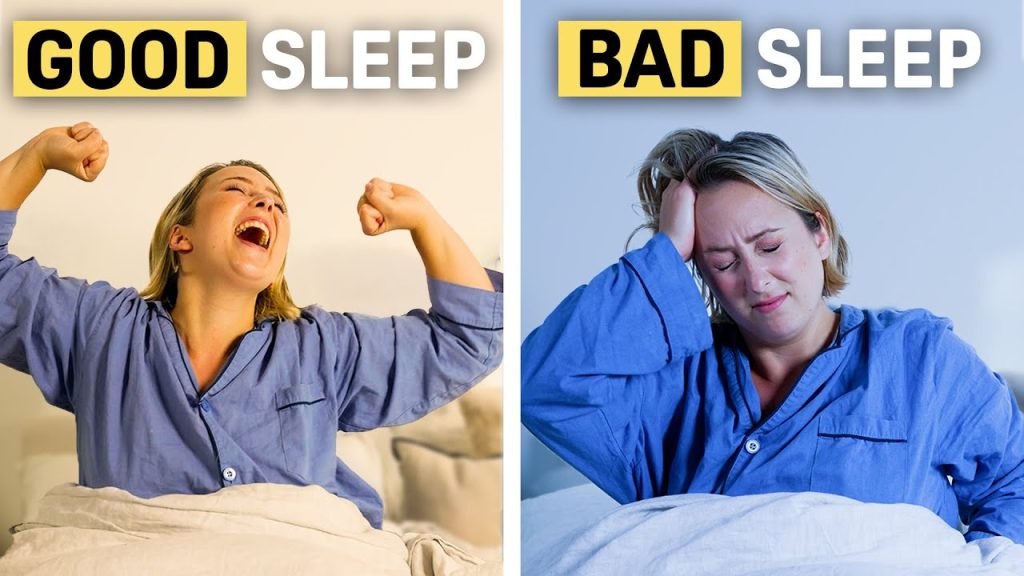
8 tips to overcome sleepless nights
Not sleeping well is better than trying to sleep well. But if you can’t get the eye you want, here’s what doctors have to say:
1. Don’t panic at Sleep’s Not Complete
Sometimes you wake up tired and cranky after a sleep’s not complete, or nothing at all. However, missing one night at a time won’t hurt your health in the long run. Many people experience insomnia the next night.
So don’t panic and stay positive. Everyone has trouble sleeping at night sometimes. Think of it as “just a bad night”, not a normal night. We humans are strong despite the occasional lack of sleep, and our bodies compensate. If you haven’t slept all day, you worry about being tired and may have trouble falling asleep. Anxiety can be a dangerous cycle of insomnia and worry about not being able to sleep well. So, as mentioned above, try not to worry after losing sleep.
2. Keep your body hydrated
If you are tired when you wake up in the morning, try to drink a lot of water. If your body is dehydrated, you will feel more tired, so start your day with a glass of warm water and drink water regularly throughout the day. According to a Harvard Health study, the average daily water intake for men is 15.5 cups and for women 11.5 cups. The more you exercise during the day, the more you sweat and the more water you need. Aids digestion, lowers blood pressure and clears brain fog.
3. You can drink coffee, but don’t drink too much
Too much caffeine can increase alertness and energy. A cup of tea or coffee in the morning will get you through the day. However, it is important not to have too much caffeine. Two cups of coffee will give you more alertness. Eating more than this may not get you far, but it will make you nervous, scared, sweaty, and your heart racing.
Drinking coffee throughout the day can make it difficult to sleep at night, so try to limit your coffee consumption as much as possible. If you like the taste of coffee, try decaffeinated coffee, replace coffee with alternative tea.
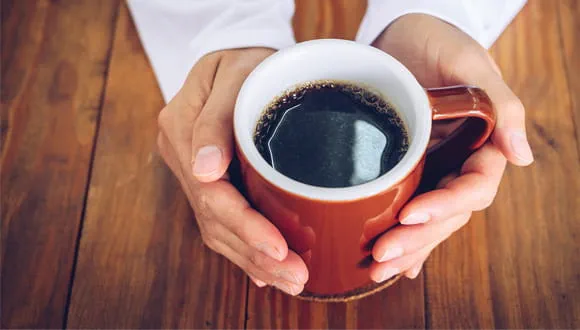
4. Avoid driving
If you haven’t slept well or haven’t Sleep’s Not Complete at night, make sure you think carefully about whether you can drive safely. Driving while tired is dangerous and can cause accidents.
Be especially careful when driving in the early afternoon.
Most people naturally experience a decrease in concentration and attention around 2-2 p.m. If you are insomniac, this drop is more important. For your own safety and the safety of others, stay off the road as much as possible when you are not sleeping. Use public transport, a taxi or ask a friend for a lift.
5. Do not depend on sugar
When you’re Sleep’s Not Complete deprived, you may feel hungrier than usual and be tempted to reach for high-calorie snacks made from simple carbohydrates. Although the sugar in these snacks gives you a quick burst of energy, it doesn’t last long.
The short burst of energy after eating sugar and other simple carbohydrates—often called a “sugar hit”—can lead to a later one. “crash” due to a rapid drop in blood sugar. You may feel even more tired.
It is best to avoid large meals, sugary foods and energy drinks. Stick to a balanced and healthy diet and pay special attention to protein-rich foods such as nuts and lean meat.
6. Make your day easier
After a good night’s sleep, your energy level drops and you can’t perform at your best. Then rest easy the next day. Change things up and reduce your workload as much as possible.
If you have 5 or 6 tasks a day, consider reducing them to 2 or 3.If you have fewer tasks, you should be able to focus on a higher level and wait. It seems that the workload is less.
Another important piece of advice is not to make big, important decisions until you are rested.
7. Go out for a walk
Getting outside, even for a short walk, exposes your body to light and exercise. If you’re working, keep your workspace well-lit and consider going for a walk during breaks.
Light exposure is possible, especially after waking up. Symptoms appear in your body for stimulation. Attention and surveillance. Light helps inhibit the body’s production of the sleep hormone melatonin. Even on cloudy days, you’ll benefit from the clarity.
Exercise and physical activity stimulate concentration. It’s important to stay active even if you’re sleep-deprived or Sleep’s Not Complete.
Make sure your routine is balanced and avoid strenuous activities when you’re tired. If you feel drowsy or drowsy during exercise, you are more likely to have an injury.
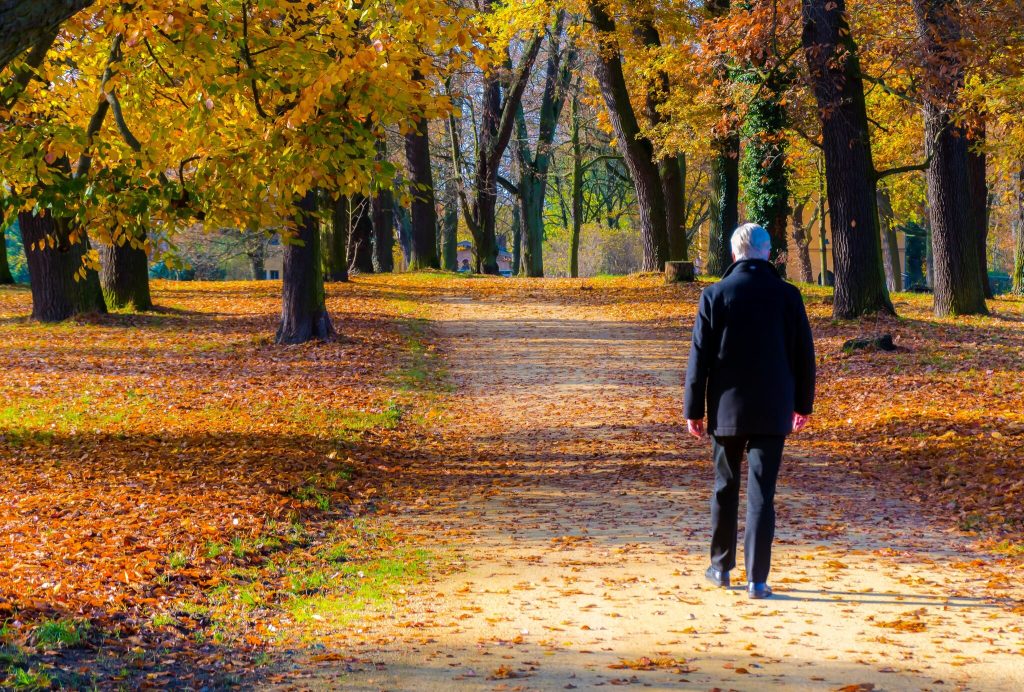
8. Keep to your standard rest plan at Sleep’s Not Complete
You may be tempted to go to bed earlier and sleep more than usual, but the best practice is to stick to your regular schedule. Going to bed early and sleeping late will change your sleep pattern.
Even if you are tired, there is no reason to Sleep’s Not Complete all day. Try to go to bed within an hour of sleeping and wake up within an hour of sleeping. 10 hours of sleep can help you recover as much as possible, but sleeping more doesn’t mean you’ll be more productive.
If you regularly sleep badly
A bad night here and there is one thing, but when broken or heavy sleep becomes regular, it can be a real problem.
After a few sleepless nights, the negative physical and mental effects of insomnia become stronger and greater serious If sleep disturbances seem to be chronic, causing anxiety and debilitating feelings, see a specialist. They will help you determine the best way to restore normal sleep patterns.
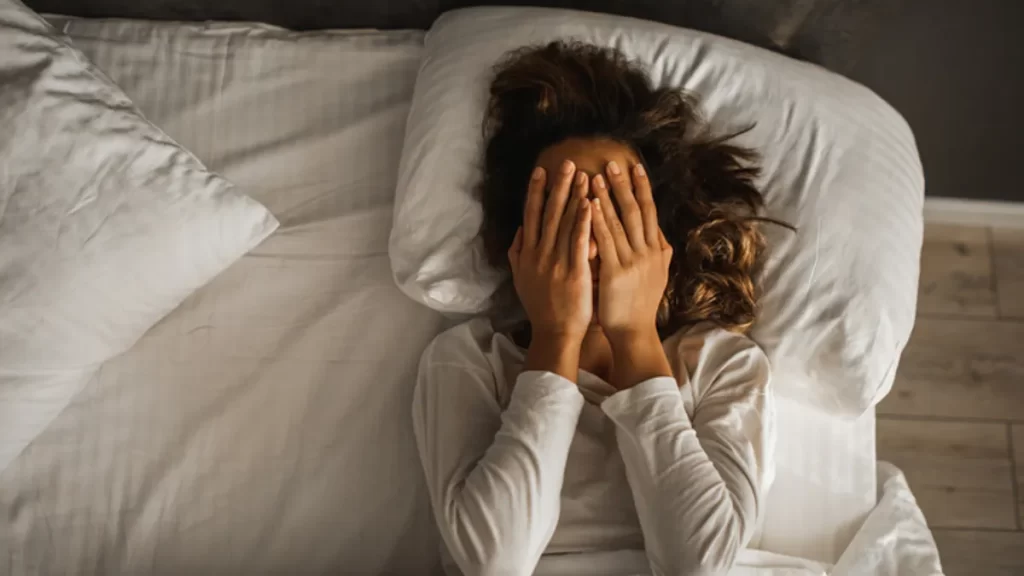
Conclusion:
People can have trouble falling as sleep’s not complete for a number of reasons. These causes range from sleeping habits and stress to chronic pain or mental health disorders. Some ways to help you fall as sleep’s not complete are relaxing activities or using soothing sounds. If home remedies do not help, it is best to see a doctor for persistent sleep problems.
Why is my sleep not getting completed?
Usually it’s due to stress, travel, illness, or other temporary interruptions to your normal routine. However, if you regularly have problems getting to sleep at night, wake up feeling exhausted, or feel sleepy during the day, you may be suffering from a sleep disorder.
Why am I not fully sleeping?
Common causes of long-term insomnia include: Stress. Concerns about work, school, health, money or family can keep your mind active at night, making it hard to sleep. Stressful life events, such as the death or illness of a loved one, divorce, or a job loss, also may lead to insomnia.
